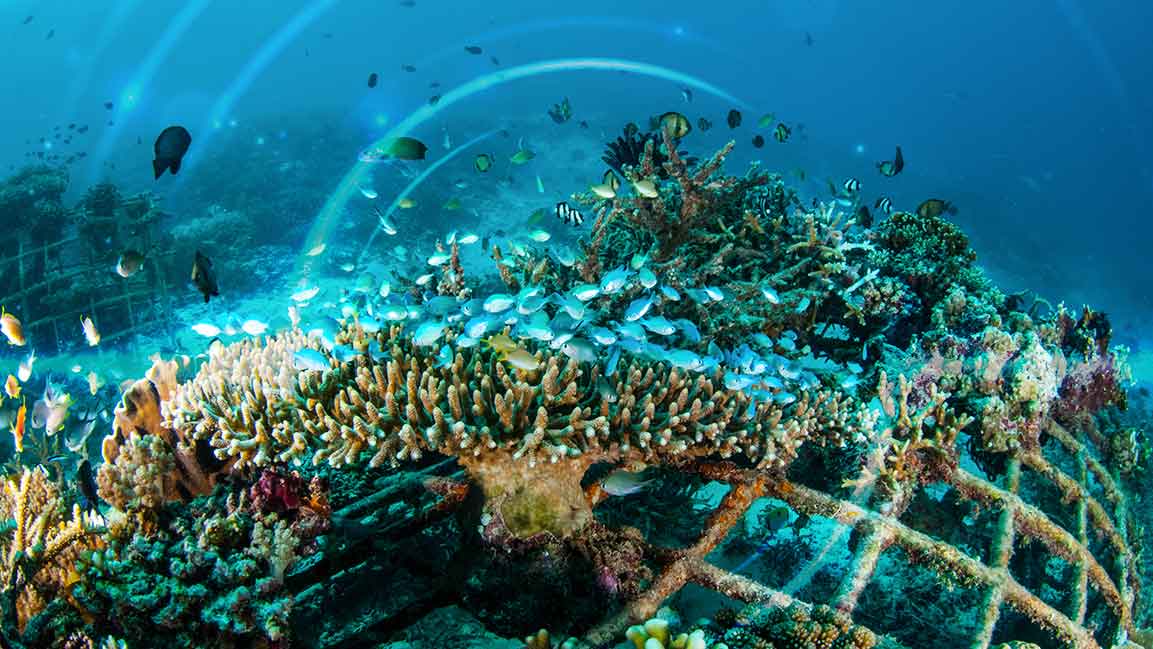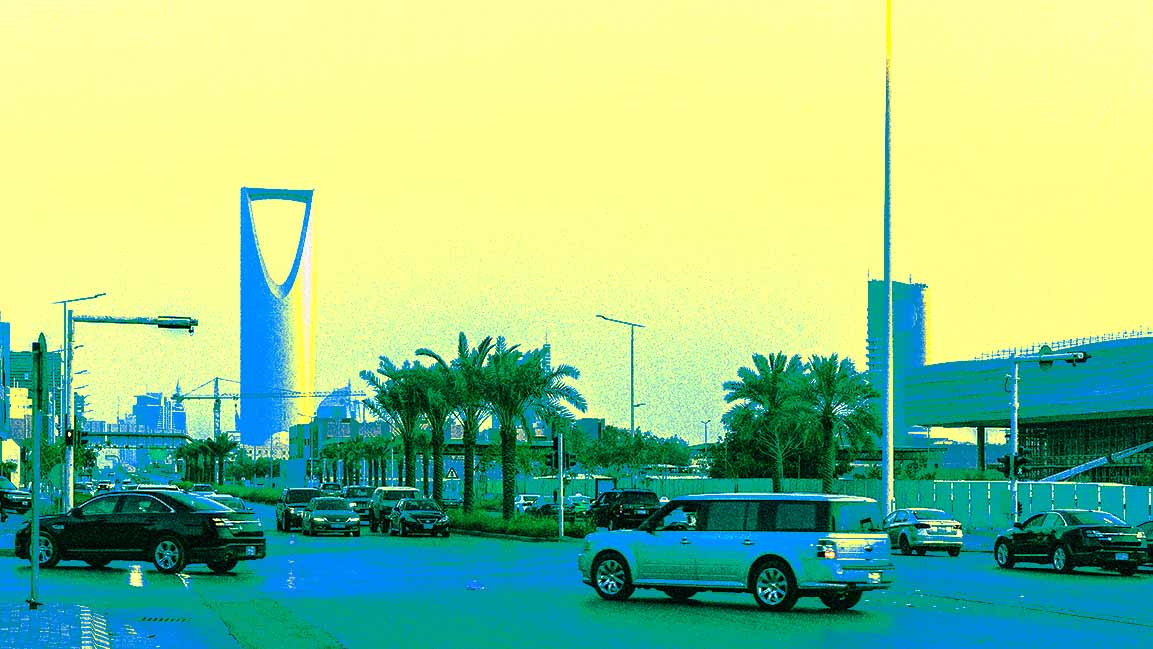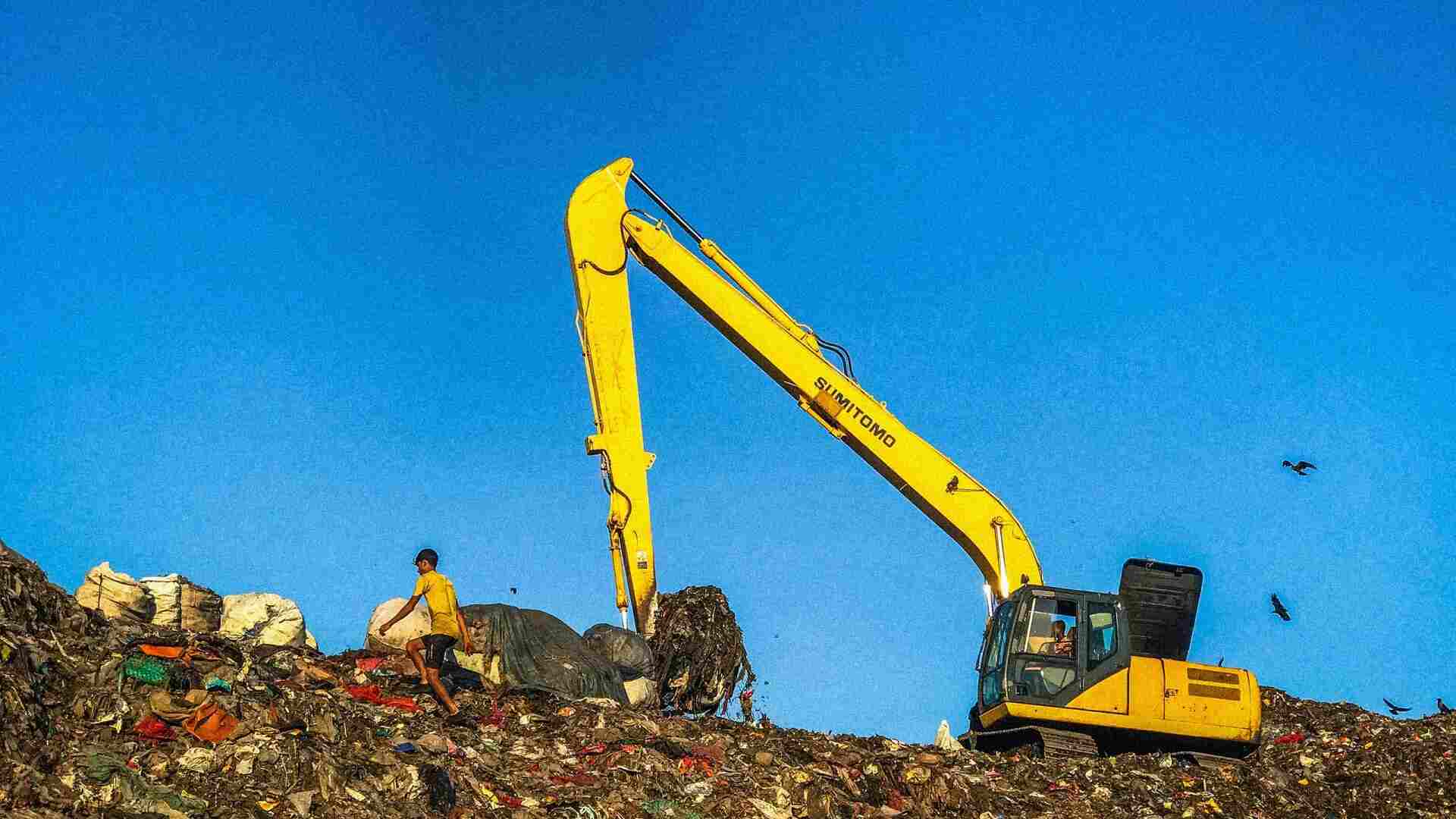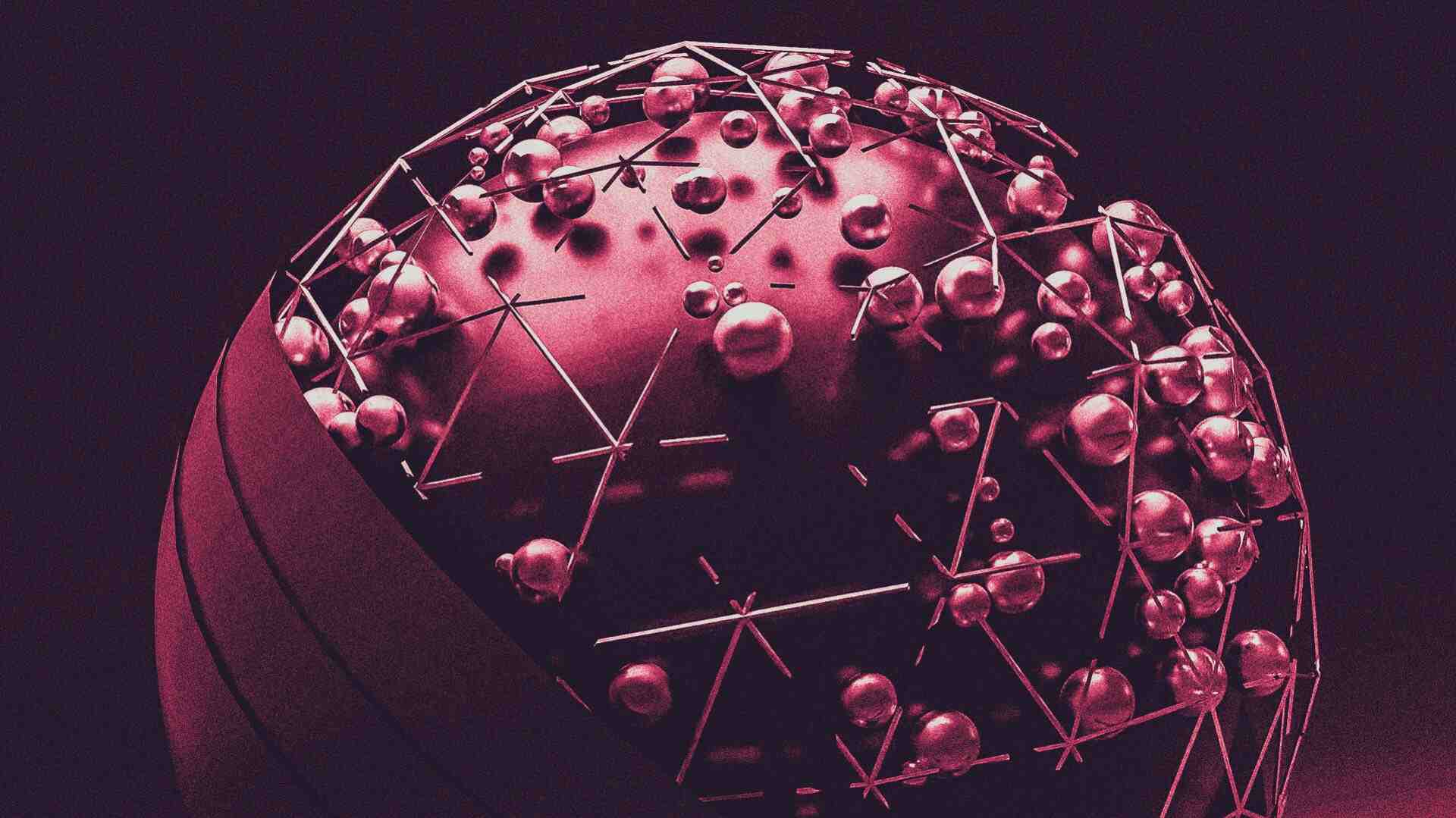- | 11:00 am
KAUST and NEOM launch world’s largest coral restoration initiative in Saudi Arabia
The initial nursery, designed as a blueprint for future large-scale efforts, boasts a production capacity of 40,000 corals annually.

Saudi Arabia’s commitment to sustainability is highlighted by its many green initiatives and ambitious 2030 goals. In a significant stride towards environmental conservation, an innovative project has emerged, extending a crucial lifeline to endangered coral reefs.
King Abdullah University of Science and Technology (KAUST) has partnered with NEOM to inaugurate the KAUST Coral Restoration Initiative (KCRI). Representing a significant step forward in environmental conservation, this project has established its inaugural nursery along the NEOM coastline, solidifying its position as the world’s largest coral restoration initiative.
The initial nursery, designed as a blueprint for future large-scale efforts, boasts a production capacity of 40,000 corals annually.
An even more ambitious project is underway: developing the world’s largest and most advanced land-based coral nursery, which can nurture an astounding 400,000 corals annually. This pioneering endeavor in marine conservation is slated for completion by December 2025.
Coral reefs, covering just 1% of the ocean floor, are crucial ecosystems supporting a remarkable 25% of marine species. However, rising sea temperatures and mass bleaching events endanger up to 90% of these reefs by 2050.
KCRI is a crucial response to the environmental crisis facing coral reefs. Aligned with Saudi Vision 2030’s marine conservation goals, the initiative harnesses KAUST’s expertise in marine ecosystems and innovative restoration techniques. They aim to deploy 2 million coral fragments across a 100-hectare site.
“Our ambition is to pioneer a pathway that can significantly reverse the current rate of coral reef degradation,” declared KAUST President Prof. Tony Chan. He emphasizes moving beyond traditional, labor-intensive methods and developing industrial-scale solutions.
Nadhmi Al-Nasr, CEO of NEOM, emphasizes the collaborative effort as pivotal, highlighting its dual purpose: restoring coral reefs and educating the public about the imperative of safeguarding these irreplaceable marine ecosystems for future generations.






























